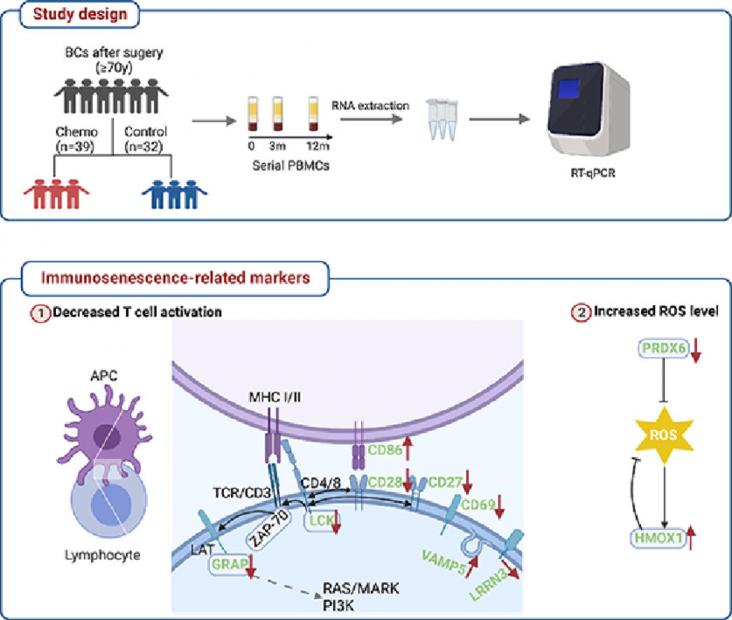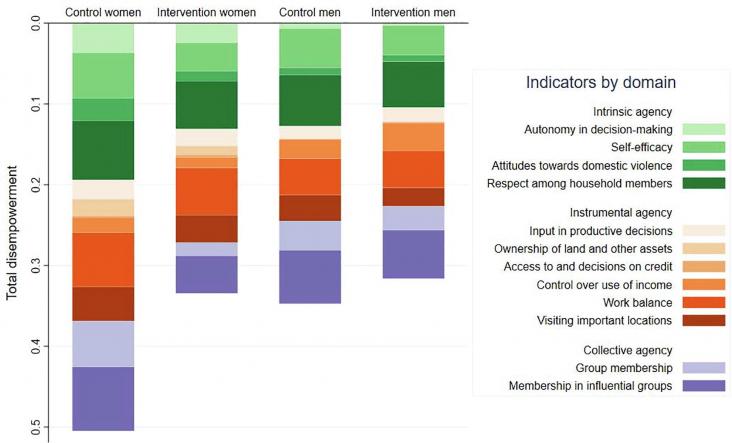
This Study supports SDGs 3, 5 and 10, investigating the impact of chemotherapy on the immune system of older women with breast cancer.
This Article supports SDG 3 and 5 by demonstrating the need to better understand the roles that male partners play in encouraging or discouraging care-seeking behaviours during pregnancy and the postpartum period.
The Lancet Global Health, available online 11 October 2022, in press.
An Article in support of SDGs 3, 5, and 10, showing that effective cataract surgical coverage varies widely between countries, increases with greater income level, and is higher in men.

Batten Disease is a rare disease. This reviews highlights the existing sex bias and omissions in Batten Disease research.
What the world is witnessing these days is a country where older and younger people, men and women, Iranians from inside and outside the country, people with different ethnicities, are unified by a single purpose—FREEDOM.
This chapter advances goals 3 and 5 by covering the unique health issues and vulnerabilities of women.
This Article supports SDG 3 and 5 by highlighting a need for greater involvement of in-country authors on research examining a wider range of gendered COVID-19 impacts, as well as increased representation of diverse topics and publications related to COVID-19 and women's well-being focused on lower income countries.

This Study supports SDG 5 and 3 by examining the role of improved women's agency on the pathway from the intervention to nutritional impacts.
This Article supports SDGs 5, 8, and 10 by investigating the prevalence of workplace sexual harassment and violence by demographic factors and work sectors among Icelandic women, providing nuanced targets for prevention and for public policies aimed at promoting women’s safety in the work environment.
This Article supports SDGs 3 and 5, describing intimate partner violence within military communities and drawing comparisons with a general population cohort.
